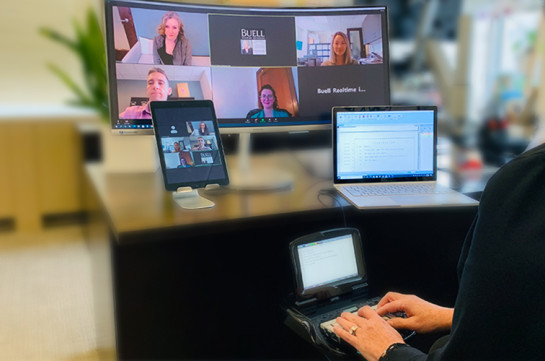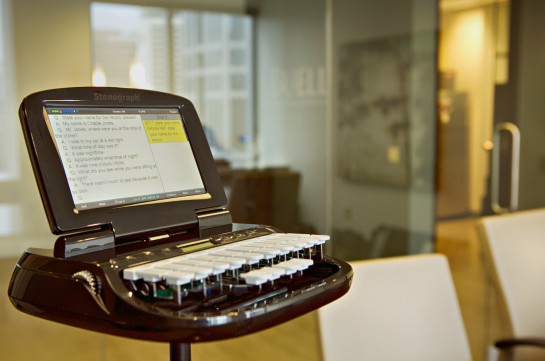Buell Realtime Reporting is certified as a Women's Business Enterprise through the Women's Business Enterprise National Council (WBENC). We are the only locally owned court reporting firm to hold this certification in the state of Washington.
As a certified WBE, Buell can add diversity to your supply chain, offering your law firm the option to maintain your commitment to working with diverse vendors by hiring a woman-owned business for your court reporting and legal video needs.
About WBENC
The Women's Business Enterprise National Council is the nation's largest third-party certifier of businesses owned, controlled, and operated by women in the United States.
To receive WBENC certification, businesses must undergo an in-depth review of the business, which includes a site visit by a representative during the application process. Once approved, businesses must be recertified annually.
Buell Realtime Reporting, founded in 1997 by Lisa Buell, received WBENC certification in 2013. Buell is the only locally owned court reporting firm in Washington to have achieved this certification.
Clients Demand Vendor Diversity
Many law firms find that clients – especially corporations and other businesses – expect their representation to not only demonstrate a commitment to diversity through their hiring practices, but also with vendors with whom they do business.
Implementing a supplier diversity program can help attract and maintain clients. According to an article by the American Bar Association, “establishing and using a supplier diversity program may help your law firm stand out from the pack not only to corporate clients, but also in recruiting and retaining diverse lawyers.”
Our WBENC certification ensures that you’re working with a certified woman-owned and controlled business, the only one of its kind in the state of Washington.
Learn more about what we do, the people who form our team, and get in touch with us today.




